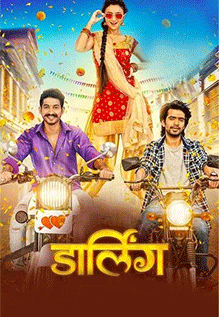
This is a big film, almost as big as "La Dolce Vita" which it sometimes echoes - better, perhaps, on account of the razor sharp script by Frederic Raphael which is so accomplished, smooth, intelligent, witty and ironic that it has an almost poetic quality while still being thoroughly down-to-earth. Every scene is like a little self-contained story, so sharply done you can almost hear a snap at the beginning and end as it falls into place. But Schlesinger does special things throughout. Only some slightly flippant scenes with her photographer friend (especially the shoplifting scene which was too much like "Breakfast at Tiffanys") were a little out of alignment. Her performance is full of humour and irony, but she's mainly being herself and she has a genuine sensitivity and humanity that lifts you and carries you along. It's a moot point." Christie really earned her Oscar for this. Humour and emotion come in equal measure throughout, and every exchange crackles with meaning: Christie: "You used me!" Bogarde: "You used me. It is also a gently melancholy and thoughtful scene. This, her first step up the social ladder, gives her the thrill of being somewhere, doing something.

The emotional core of the film is Bogarde and Christie's visit to an old writer. Bogarde, a television journalist, is the first man she takes up with, and is as serious as she is reckless, yet somehow they are well-suited and their relationship, with some painfully familiar ups and downs, is touching. She first appears walking along the street swinging her handbag the same entrance as she made in "Billy Liar" and surely an indication that we are dealing with essentially the same character.

The story follows Julie Christie's rise up the social ladder by a succession of affairs and social posturing she's infuriating, but you can't resent her behaviour, she is so natural and full of joie de vivre impossible to keep in a cage. Possibly the best of the British New Wave and one of the finest British films of all time.


 0 kommentar(er)
0 kommentar(er)
